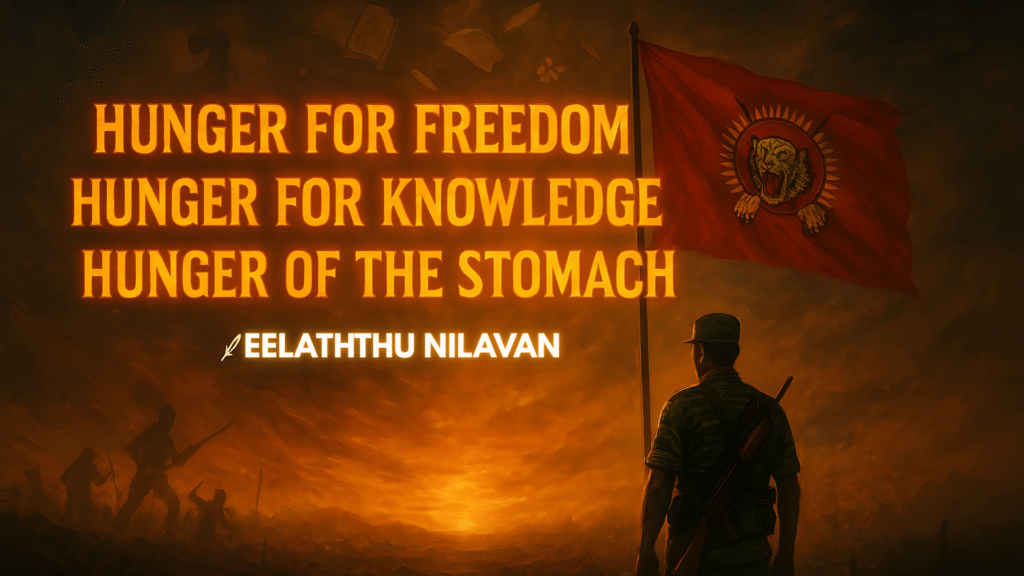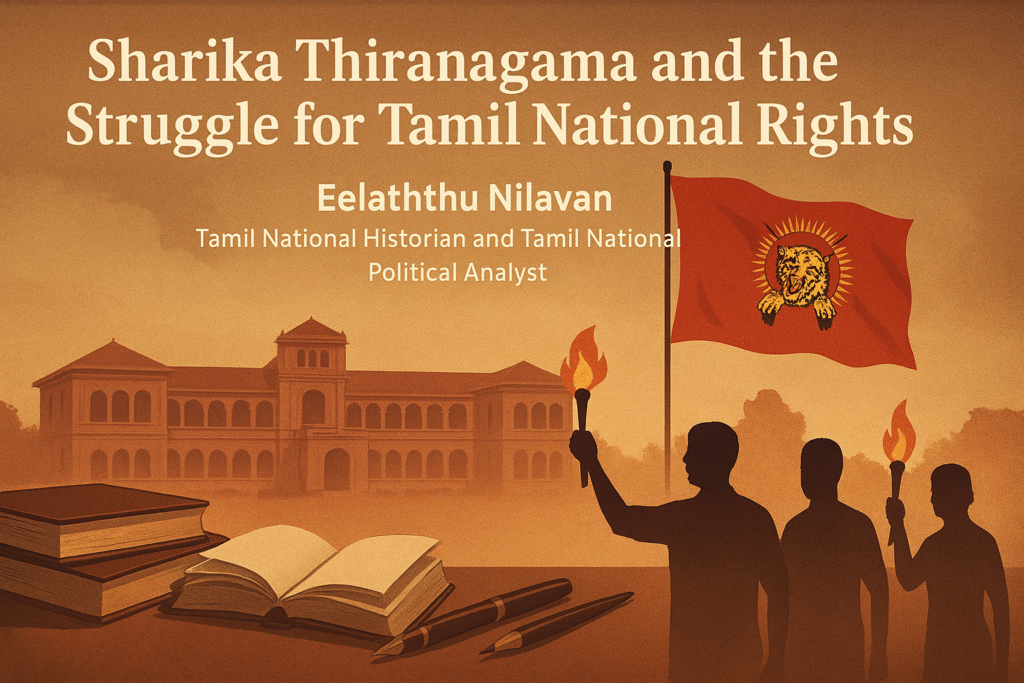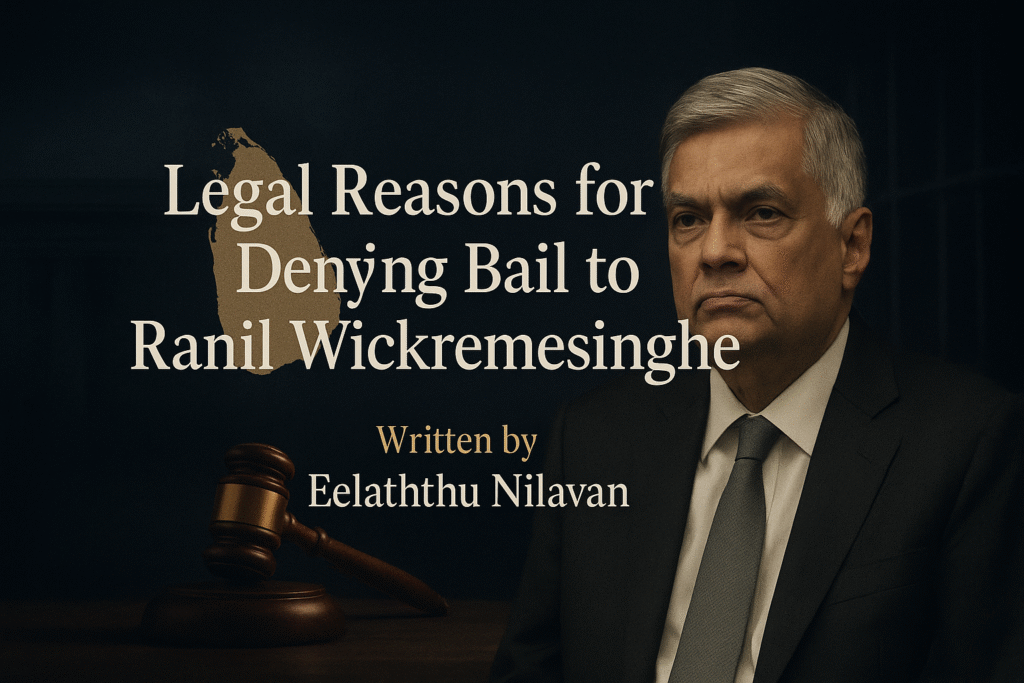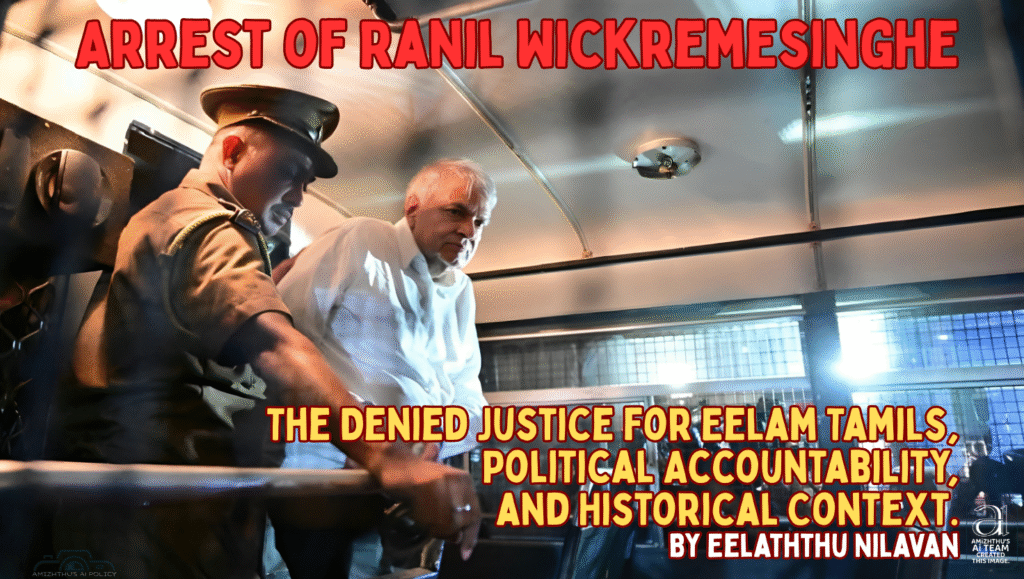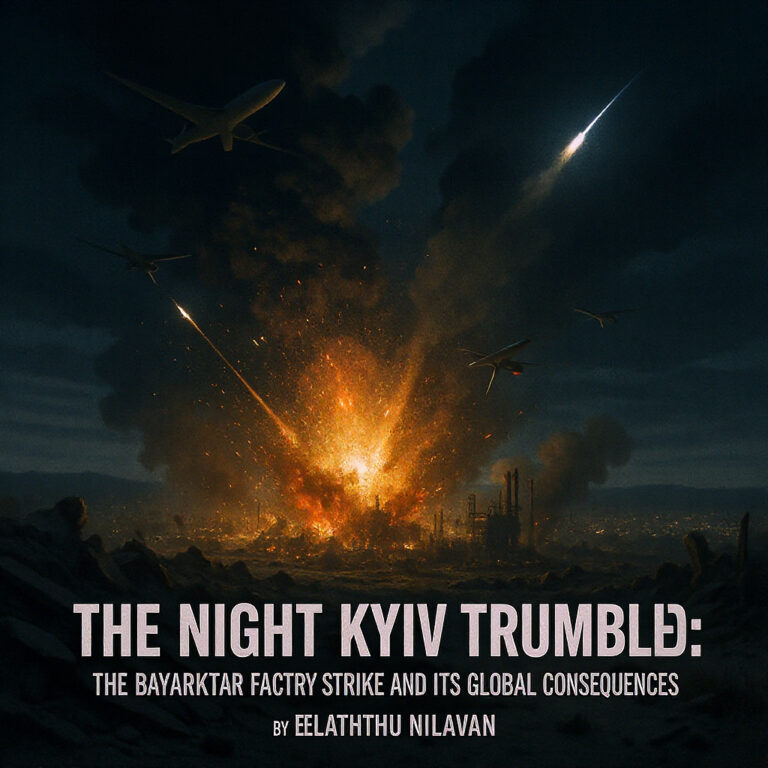A Dying Flame or a Sleeping Giant?
The story of socialism is not merely an ideology’s timeline—it is the pulse of revolutions, the ink of manifestos, the tears of labourers, and the blood of martyrs. It is one of humanity’s most ambitious dreams: the hope that equality, justice, and fraternity can govern society. Yet, as we look at the modern world, we ask: Has socialism fulfilled its promise—or betrayed it?
Today’s socialism, cloaked in slogans, often contradicts its original purpose. This article explores how socialism, once a sword in the hands of the oppressed, has in many places become a shackle around their necks.
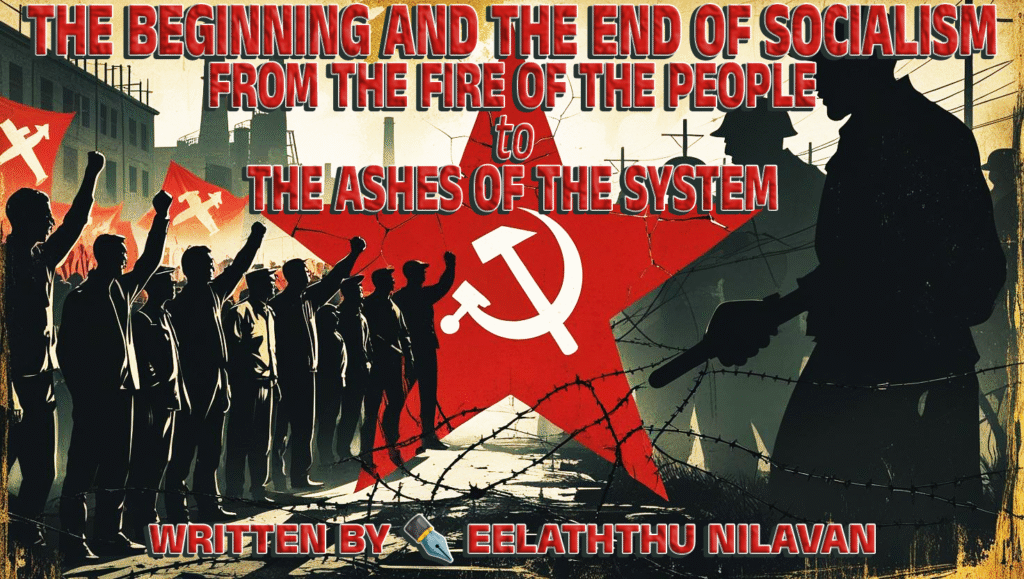
The Birth of Socialism: Fire in the Age of Empires
In the 18th and 19th centuries, capitalism rose hand in hand with colonialism, industrialization, and inequality. Factories swallowed children. Empires looted continents. In this chaos emerged a counter-vision: socialism—a philosophy that dared to dream of shared ownership, economic democracy, and justice.
Key milestones:
Utopian Socialists like Charles Fourier and Robert Owen envisioned communities based on cooperation, not competition.
Karl Marx and Friedrich Engels introduced scientific socialism: a materialist analysis of history, class struggle, and revolution.
The idea was not mere reform—but radical transformation: The abolition of private property, class society, and capitalist exploitation.
Socialism became the voice of coal miners in Britain, textile workers in Germany, colonized peasants in India, and revolutionaries in Russia.
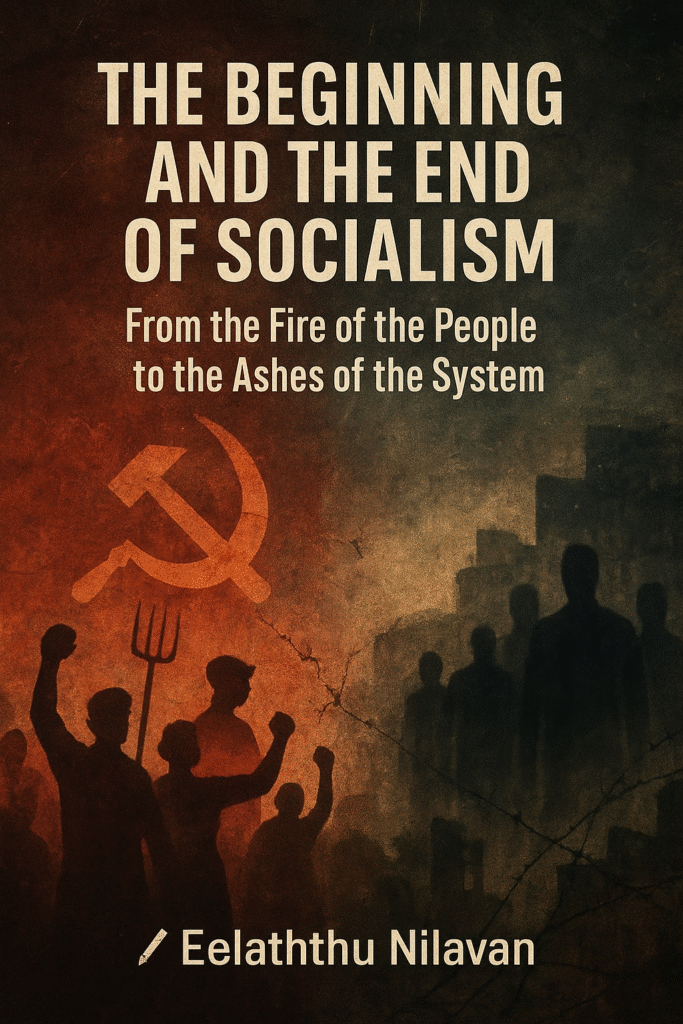
The Revolutionary Century: From Theory to Bloodshed
The 20th century saw socialism leap from theory to power. The Russian Revolution (1917) was the first lightning bolt—a working-class seizure of the state. But it would not be the last.

︎ Global socialist revolutions followed:
China (1949): Led by Mao Zedong, promising land to peasants.
Cuba (1959): Castro’s Marxist revolt against US-backed dictatorship.
Vietnam, Angola, Mozambique, Nicaragua, Ethiopia, and beyond.
Each revolution claimed to empower the poor, redistribute land, and nationalize wealth. But soon the fire of socialism often became the furnace of totalitarianism.
Tragic turns:
Stalin’s Soviet Union: Gulags, purges, secret police.
Mao’s China: Cultural Revolution, famines, brutal repression.
Khmer Rouge in Cambodia: Genocide in the name of purity.
What began as liberation became domination. What was supposed to end suffering became a new source of it.
The Betrayal of the Grassroots: When the People Became Enemies

︎ Original socialism:
It was driven by bottom-up movements.
Celebrated worker councils, trade unions, and grassroots democracy.

︎ Modern reality in many places:
Centralized, top-down parties.
The working class is silenced, not celebrated.
Leaders live in luxury while preaching equality.

︎ Examples:
• Zimbabwe: Robert Mugabe rose as a socialist anti-colonial hero—only to crush dissent and wreck the economy.
• Soviet Bloc: Eastern Europe’s socialist regimes collapsed under repression and stagnation.
• Sri Lanka: The so-called leftist parties often aligned with Sinhala-Buddhist nationalism, betraying both socialism and Tamil rights.
In essence, the dream that once gave voice now crushes it. The socialism that once bled with the people now makes them bleed.
Neo-Socialism: Masks of Modern Power
In today’s world, “socialism” is used as a political slogan more than an ethical system. Many leaders and parties wave the red flag while upholding oligarchy, military rule, or populist corruption.

︎ Modern socialism’s contradictions:
Welfare promises used to manipulate votes, not redistribute power.
State control is used for censorship and surveillance.
Public property was sold to private hands under socialist governments.
Case studies:
In some Latin American countries, “21st Century Socialism” has led to economic collapse and authoritarianism.
In South Asia, socialist parties have aligned with communalism, dynasties, and elite interests.
Socialism has become a ghost—invoked by parties that no longer carry its soul.
Socialism vs. the State: The Philosophical Crisis
There is a deeper tension: Is the state truly the protector of socialism—or its graveyard?
Marx believed the state should wither away. Early anarchists like Bakunin warned that state socialism would become a new form of tyranny. Today’s reality seems to prove them right: state socialism often resulted in:
Surveillance, not self-governance.
Military parades, not worker assemblies.
One-party systems, not democratic collectives.
So, the dream was not just hijacked—it was reprogrammed to serve the interests of a new ruling class.
Echoes from the Margins: Forgotten Socialist Voices
Amid this betrayal, we must remember those who held on to true socialism even when power tempted others.
These were:
Indigenous socialists who defended land and nature, not just factories.
Feminist socialists who challenged patriarchy inside the revolution.
Tamil revolutionaries who combined national liberation with class consciousness.
Kurdish movements in Rojava, which built direct democracy and gender equality.
Their socialism was lived, not theorized. It was about sharing food, land, dignity, and decision-making—not just nationalizing industries.
The Future: Can the People Reclaim the Flame?
We must ask:
Can socialism be reborn—not as a party, but as a people’s practice?
Can grassroots organizing defeat both capitalism and corrupt state socialism?
Can new generations learn from past betrayals without giving up the dream?
True socialism must return to its roots:
Not state worship, but community power.
Not dogma, but dialogue.
Not slogans, but solidarity.
Socialism must become a verb again—not a noun, not a brand, but an action.
A Mirror and a Warning
The beginning of socialism was a song of the earth, a shout from the fields, a cry from the factories.
The end of socialism, in its current form, is a silent scream beneath cement walls, luxury towers, and empty slogans.
But endings are not always deaths—they can be rebirths.
Socialism, if it is to survive with dignity, must rise from the people again. It must bleed with them—not because of them. Until then, we are living not in the era of socialism, but in its ghost.

Written by
Eelaththu Nilavan
12/08/2025
The views expressed in this article are the author’s own and do not necessarily reflect Amizhthu’s editorial stance.

